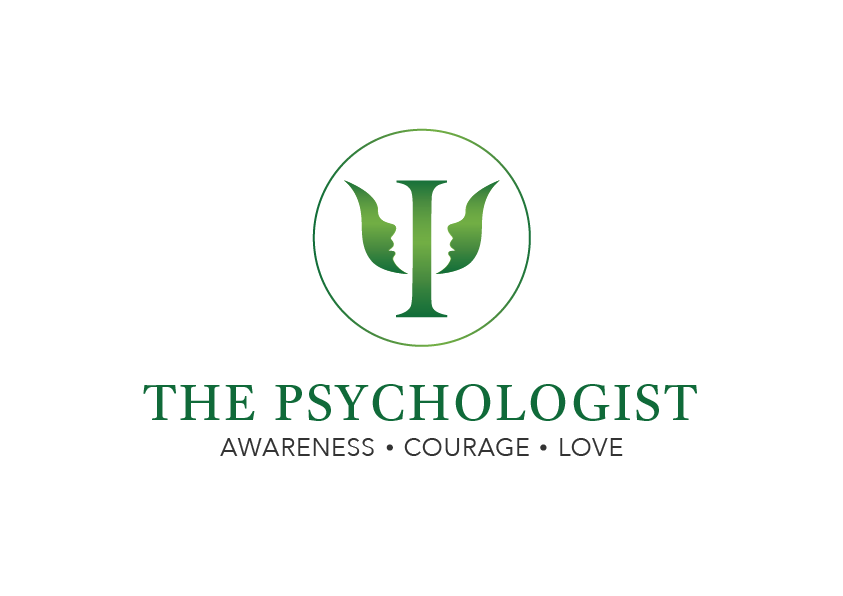When Helping Hurts: Understanding Family Accommodation in OCD
When Jia’s son began checking the stove ten times before school, she didn’t think much of it. “Better safe than sorry,” she thought. But soon, she was waiting 30 minutes each morning as he circled back to recheck the locks, the lights, the doors, until they were both exhausted and anxious. Like many parents of children with Obsessive-Compulsive Disorder (OCD), Jia was pulled into the rituals, hoping to ease her child’s distress. Unknowingly, she was engaging in family accommodation, an act of love that can unintentionally feed the disorder.
What Is Family Accommodation?
Family accommodation refers to the ways loved ones participate in or enable OCD-related behaviours, offering repeated reassurance, helping avoid triggers, or modifying routines to prevent distress. It often stems from empathy, the desire to protect, or sheer exhaustion. Yet research shows that while well-intentioned, such involvement can worsen symptoms, reduce treatment effectiveness, and strain relationships.
Why Families Accommodate
The reasons are understandable. Witnessing a loved one suffer through obsessive thoughts and compulsions can be heart-wrenching. Parents may fear conflict or meltdowns if they don’t comply. Spouses may join in rituals out of habit or to keep peace at home. Cultural beliefs, guilt, and misunderstandings about mental illness also play a role, particularly in Asian contexts where mental health is still often stigmatized.
Studies highlight several key predictors of family accommodation: severity of the person’s symptoms, presence of contamination-related fears, avoidance behaviour, poorer social functioning, and whether the caregiver is a spouse. Over time, accommodation becomes the family’s coping mechanism, even if it means placing their own lives on hold.
Breaking the Cycle with Awareness and Support
Change begins with awareness. Families need to understand that while accommodation may provide short-term relief, it often prevents individuals with OCD from learning to tolerate distress or challenge irrational fears. Structured interventions, such as family-based cognitive behavioural therapy (CBT), offer concrete strategies for reducing accommodation while staying emotionally supportive.
Love doesn’t mean doing everything for the person, it often means standing with them as they face their fears. That’s why many treatment programs now involve families as partners in recovery, equipping them to set boundaries and respond consistently to OCD behaviours without reinforcing them.
The Courage to Do Things Differently
It takes courage to step back from accommodation, especially when met with resistance or guilt. But it’s also a powerful act of trust, one that says, “I believe in your strength to face this.” Families who’ve gone through this shift often share that it not only improved OCD symptoms but restored healthier, more balanced relationships.
If you find yourself constantly adapting your life around a loved one’s compulsions, you’re not alone. Help is available, not just for the individual, but for the family system as a whole.
Learn more about how to support a loved one with OCD while taking care of your own well-being. Visit www.thepsychologist.com.sg or connect with one of our psychologists today.
